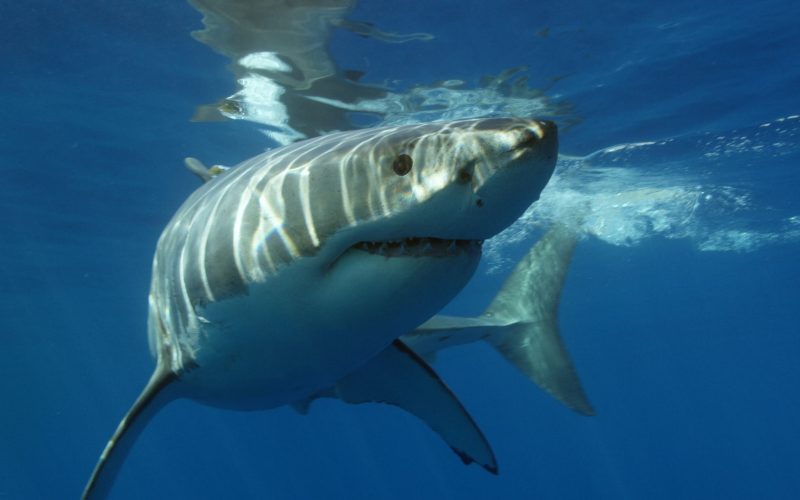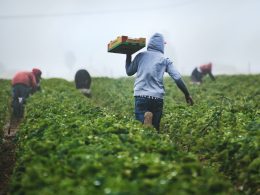Introduction:
Chinese cuisine has a rich and diverse culinary heritage, with countless food vloggers sharing their love for local delicacies. However, the recent controversy surrounding a Chinese food vlogger’s video featuring the preparation of Great White Shark meat has sparked a heated debate. In this article, we explore the ethical and legal concerns raised by this incident, as well as the broader implications for food vloggers and the protection of endangered species.
The Vlogger’s Video:
The video in question, posted by a prominent Chinese food vlogger, showcased the preparation and consumption of Great White Shark meat. It quickly garnered attention and sparked outrage among environmental activists, conservationists, and animal rights advocates. The vlogger was criticized for promoting the consumption of a protected species and potentially contributing to the decline of Great White Sharks.
Ethical Considerations:
The ethical concerns surrounding the vlogger’s video are multi-faceted. Great White Sharks are classified as vulnerable by the International Union for Conservation of Nature (IUCN), with their populations already facing significant threats due to overfishing and habitat degradation. Promoting the consumption of such a species can perpetuate the demand for its meat and further endanger its survival.
Furthermore, Great White Sharks play a vital role in maintaining marine ecosystems’ balance and biodiversity. Their removal from the food chain can have far-reaching ecological consequences. By featuring the preparation and consumption of Great White Shark meat, the vlogger inadvertently highlights a practice that conflicts with the principles of sustainability and responsible stewardship of natural resources.
Legal Implications:
In addition to the ethical concerns, the vlogger’s video also raises legal questions. Many countries, including China, have laws and regulations in place to protect endangered species, including Great White Sharks. The Convention on International Trade in Endangered Species of Wild Fauna and Flora (CITES) lists Great White Sharks under Appendix II, which regulates their trade and requires proper permits for their import, export, and sale.
The vlogger’s video seemingly violated these regulations, as it depicted the preparation and consumption of a protected species without the necessary permits. The Chinese authorities have since taken action and imposed fines on the vlogger for violating wildlife protection laws. This serves as a reminder that even in the realm of online content creation, individuals are accountable for adhering to legal frameworks and responsible practices.
Implications for Food Vloggers:
This incident has sparked a broader conversation about the responsibility of food vloggers and influencers in promoting ethical and sustainable food choices. As influencers wield significant influence over their followers, they have the power to shape food trends and consumption habits. It is essential for food vloggers to consider the potential impact of their content on the environment, animal welfare, and public opinion.
In recent years, there has been a growing movement among food influencers to champion sustainable and ethical food practices. Many have used their platforms to raise awareness about responsible fishing, local and seasonal ingredients, and supporting small-scale producers. This incident serves as a reminder of the need for vloggers to exercise caution and due diligence when selecting the subject matter of their videos, ensuring they align with responsible and ethical standards.
Conclusion:
The controversy surrounding the Chinese food vlogger’s Great White Shark meat video highlights the intersection of ethical, legal, and environmental concerns in the world of food vlogging. As society becomes more conscious of sustainability and the preservation of endangered species, it is crucial for content creators to consider the potential impact of their videos on these issues. Responsible and ethical food practices should be at the forefront of food vloggers’ content creation, ensuring that they contribute positively to the culinary world while respecting the planet’s delicate balance.












